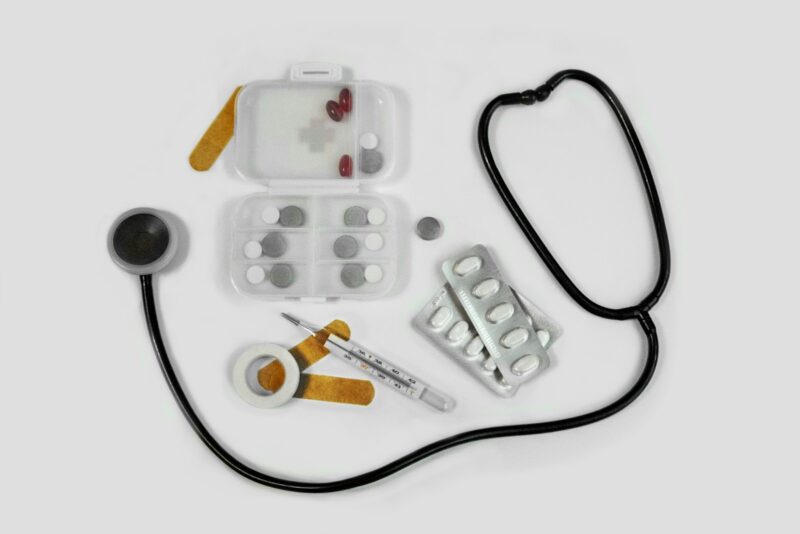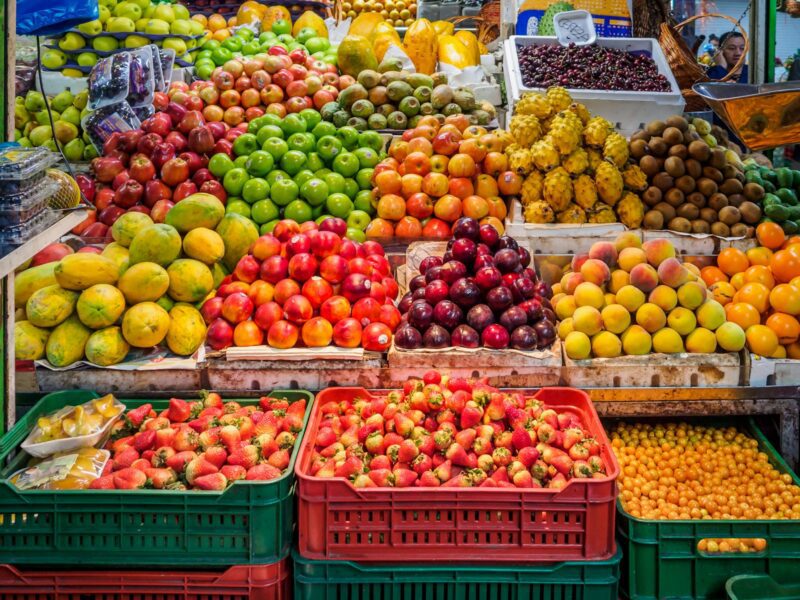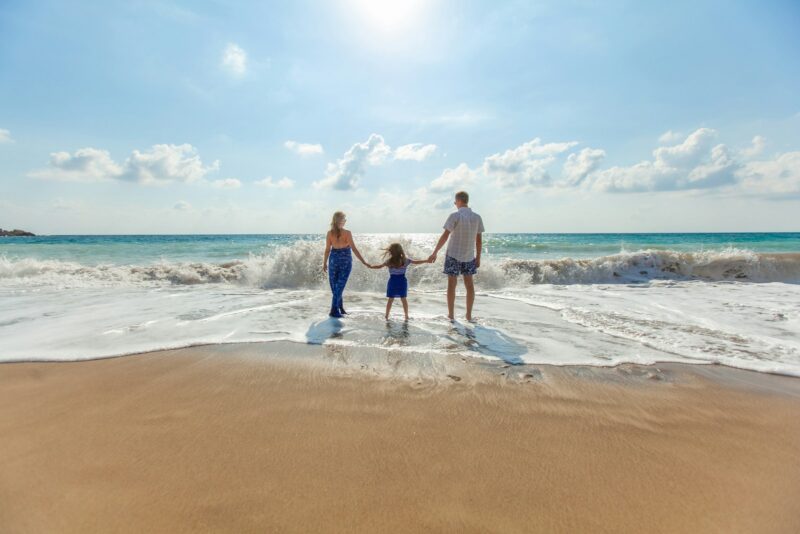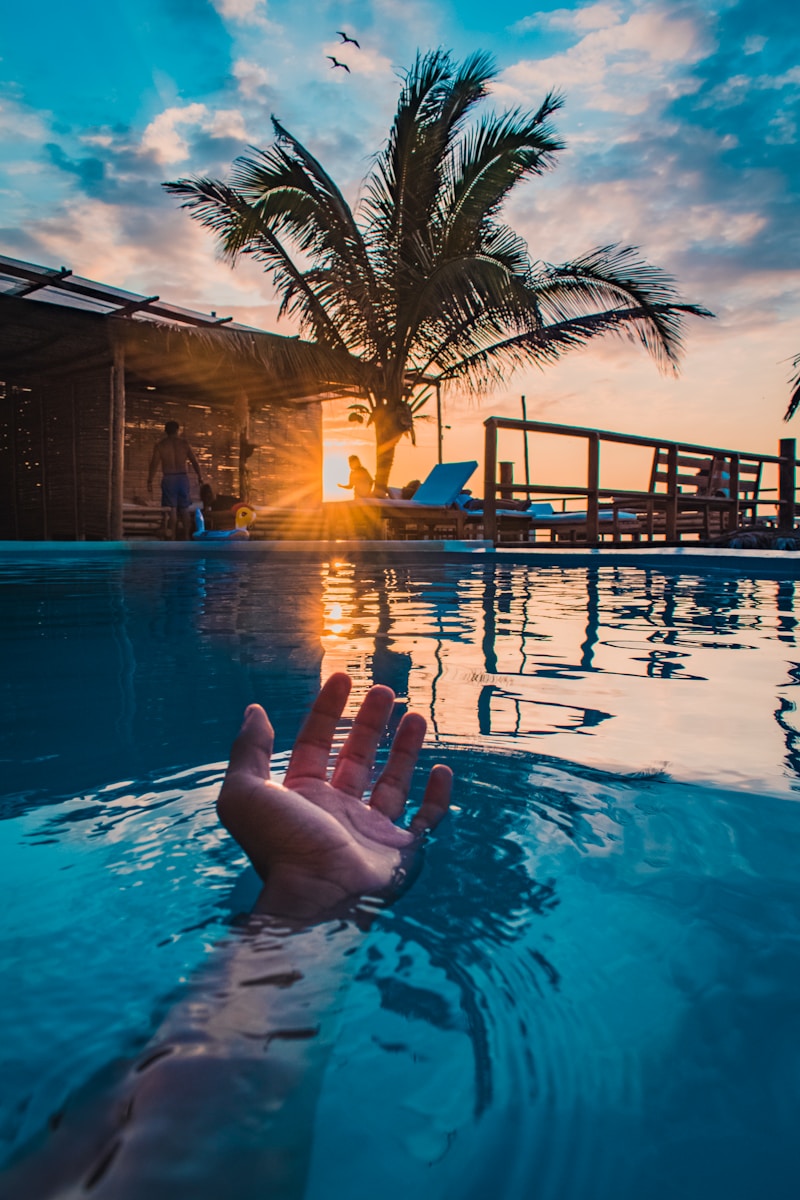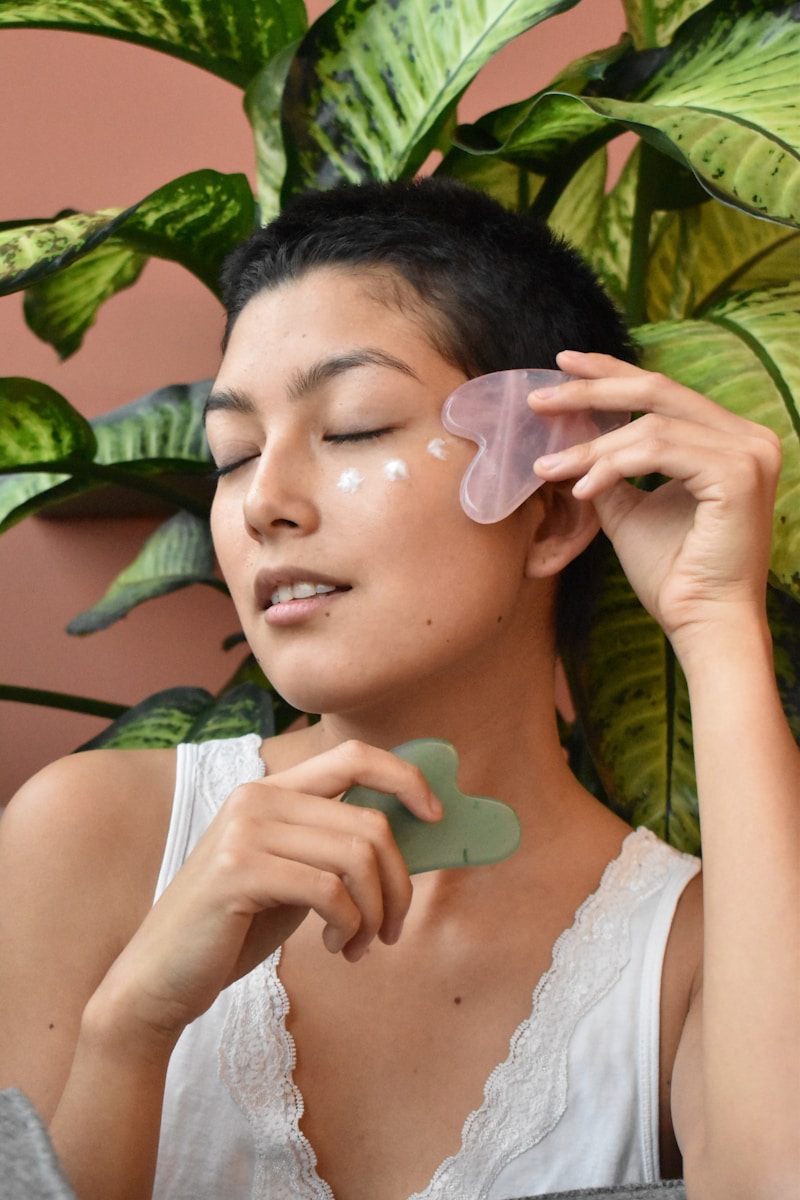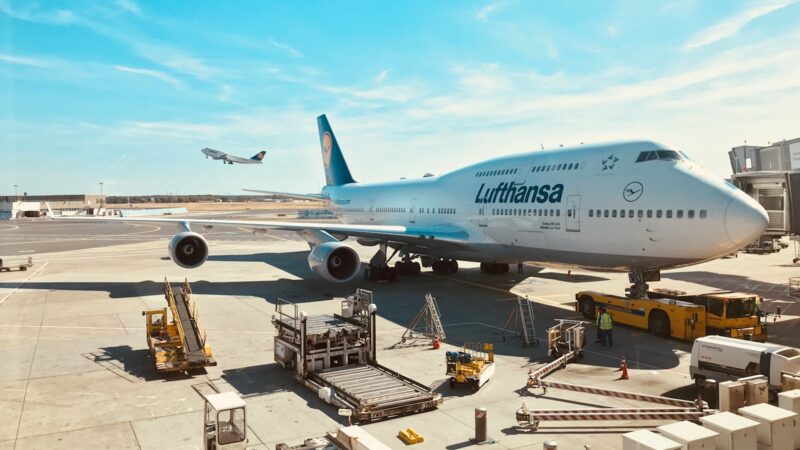Traveling can be an exciting adventure, but it can also disrupt your healthy habits. Between long flights, unfamiliar food, and busy schedules, it can be really easy to come down with an unpleasant cold or illness. However, with some planning and preparation, it’s possible to stay healthy while traveling.
With the tips from this guide and a little bit of planning, you can stay healthy while traveling on your next adventure.
Table of Contents
ToggleStay Healthy While Traveling Tips
Pre-Travel Health Measures to Stay Healthy While Traveling
Before embarking on a trip, there are a few essential health measures that travelers should take to ensure they stay healthy while traveling. This section will provide information on vaccinations and medications, as well as travel insurance.
Vaccinations and Medications to Stay Healthy While Traveling
Travelers should consult with their healthcare provider or a travel medicine specialist at least 4-6 weeks before the trip to determine which vaccinations and medications are necessary. This is particularly important for those with chronic conditions, as certain infectious diseases can exacerbate these conditions.
Some common vaccinations that may be recommended include routine vaccines like influenza and measles, destination-specific vaccines like yellow fever and Japanese encephalitis, and vaccines for diseases such as hepatitis A and B. Malaria prophylaxis may also be necessary for those traveling to areas with high malaria transmission rates.
In addition to vaccinations, travelers may need prescription medications such as antibiotics or antimalarials and over-the-counter medicines like pain relievers and antihistamines. It is important to bring enough medication for the entire trip and to keep it in its original packaging, along with a copy of the prescription.
Travel Insurance
Travel insurance is an important consideration for anyone traveling internationally. It can provide coverage for unexpected medical emergencies, trip cancellations or interruptions, and lost or stolen luggage. Medical evacuation insurance, which covers the cost of transportation to a medical facility in the event of a serious illness or injury, is also recommended.
Before purchasing travel insurance, travelers should review their existing health insurance coverage and make sure they have a health insurance card. Some health insurance plans may provide coverage for medical emergencies abroad, but it is important to confirm this with the insurance provider.
Maintaining a Balanced Diet to Stay Healthy While Traveling
Maintaining a balanced diet while traveling can be a challenge, but it is essential if you want to stay healthy while traveling. Here are some tips for choosing healthy foods, taking food safety precautions, and staying hydrated.
Choosing Healthy Foods to Stay Healthy While Traveling
When traveling, it’s important to choose healthy foods that provide the nutrients your body needs. Fruits and vegetables are a great source of vitamins and minerals, and they can help you maintain a healthy weight. Nuts and healthy snacks like protein bars can provide a quick and easy source of energy. When eating out, look for healthy options on the menu and try to avoid fried or fatty foods.
It’s also important to eat a healthy breakfast to start your day off right. Fresh fruit and dried fruit are great options, as well as protein-rich foods like eggs or yogurt.
Food Safety Precautions to Stay Healthy While Traveling
Food safety is important when traveling to avoid getting sick from contaminated food or water. When eating at local street vendors, make sure the food is cooked thoroughly and served hot. Avoid unpasteurized dairy products and raw foods, which can be more likely to carry harmful bacteria.
It’s also important to be cautious about the water you drink. Tap water in some countries may not be safe to drink, so it’s best to stick to bottled water. When using ice, make sure it’s made from bottled or purified water.
Hydration and Health
While it’s important to be careful about the water you drink, it is equally important to stay hydrated, especially when traveling in hot or humid climates. Dehydration can cause headaches, fatigue, and other health problems. Make sure to drink plenty of water throughout the day, and carry a water bottle with you to stay hydrated on the go. If you would like to be an eco friendly traveler, you can carry a reusable water bottle and fill it with boiled water.
If you’re participating in water activities, like swimming or snorkeling, make sure to drink plenty of water to avoid dehydration. Stick to bottled water or purified water when swimming in pools or the ocean.
Physical Health and Exercise to Stay Healthy While Traveling
Importance of Exercise
Staying active is important for staying healthy while traveling as it boosts physical health and reduces stress. Exercise can also help prevent blood clots from long periods of sitting during travel. There are many ways to stay active while on the go, such as walking, hiking, swimming, and yoga. It is recommended to aim for at least 30 minutes of moderate exercise each day.
Sun and Heat Protection
When exercising outdoors, it is crucial to protect the skin from harmful UV rays by wearing sunscreen and protective clothing. Heat exhaustion and heat stroke are also potential risks when exercising in hot weather. It is important to stay hydrated and take breaks in the shade or indoors when necessary.
Injury Prevention and First Aid
Sometimes it’s impossible to stay healthy when traveling for reasons outside of our control. Injuries can happen during exercise, especially when trying new activities or in unfamiliar environments. Packing a first-aid kit is recommended to be prepared for emergencies. It should include items such as bandages, antiseptic, pain relievers, and any necessary medications.
Protection Against Insects and Animals
Insect repellent is essential for protecting against bug bites and the diseases they may carry, such as yellow fever and dengue. It is also important to be aware of potential animal hazards, such as snakes or bears, when hiking or camping in certain areas. Researching the local wildlife and taking necessary precautions can help prevent encounters with dangerous animals. For bugs, you can get bug repellant, cortisone cream and allergy medicine for your first aid kit, this is especially prevalent in tropical areas. If you’re hiking in an area where aggressive bears are known for being, carrying bear spray might be a good idea.
Personal Hygiene and Preventing Illness
Maintaining good personal hygiene is essential to stay healthy while traveling. By following a few simple guidelines, travelers can minimize their risk of contracting illnesses and reduce the spread of germs and viruses.
Hand Hygiene
Frequent hand washing is one of the most effective ways to prevent the spread of germs and stay healthy while traveling. Travelers should wash their hands often, especially before eating or touching their face. When soap and water are not available, alcohol-based hand sanitizers can be used as an alternative. It is important to use a sanitizer that contains at least 60% alcohol and to rub the hands together until the sanitizer has completely dried.
Preventing Respiratory Illness
Respiratory illnesses, such as the flu and COVID-19, can be easily transmitted through coughing and sneezing. Travelers can reduce their risk of contracting respiratory illnesses by avoiding close contact with sick individuals, wearing a mask in crowded areas, and practicing good respiratory hygiene. This includes covering the mouth and nose with a tissue or elbow when coughing or sneezing and disposing of used tissues immediately.
Traveler’s Diarrhea and Other Digestive Issues
Traveler’s diarrhea is a common digestive issue that affects many travelers. It is caused by consuming contaminated food or water and can lead to dehydration and other complications. Travelers can reduce their risk of contracting traveler’s diarrhea by avoiding tap water and ice cubes, consuming only cooked foods that are served hot, and washing fruits and vegetables thoroughly before consuming them.
Sleep and Jet Lag
Traveling across time zones can disrupt the body’s natural sleep-wake cycle, leading to jet lag. To minimize the effects of jet lag, travelers should try to get plenty of rest before their trip, stay hydrated during the flight, and adjust their sleep schedule to the new time zone as soon as possible. Taking short naps during the day and exposing oneself to natural sunlight can also help regulate the body’s circadian rhythm. You can read this ultimate guide on how to sleep better on planes. Or this post that reviews the best neck pillows for traveling.
Mental Health While Traveling
Traveling can be a wonderful experience, but it can also be a stressful one. Being away from home, routine, and familiar surroundings can take a toll on mental health. However, there are ways to reduce stress and maintain mental wellness while traveling.
Reducing Stress and Anxiety
One way to reduce stress and anxiety while traveling is to practice meditation or mindfulness. Taking a few minutes each day to focus on breathing and clearing the mind can help calm the nervous system and reduce stress levels. There are many apps available that provide guided meditations, such as Headspace or Calm, that can be used while on the go. You could also spend some time praying and connecting with God.
Another way to reduce stress and stay healthy while traveling is to plan ahead and avoid over-scheduling. It’s important to give yourself enough time to get to your destination and to allow for unexpected delays. This can help reduce the stress of rushing and feeling like you’re constantly behind schedule.
Conclusion
It can be a challenge to stay healthy while traveling around the world. In fact, sometimes it is impossible to stay healthy while traveling. But it is really important to create and maintain a health and wellness plan so that you can enjoy your travels to the fullest. It is equally important to prepare ahead of time with first aid kits, medicines, vaccines, and travel insurance. To stay healthy while traveling, make sure you are getting enough sleep, eating proper meals, staying hydrated, and taking some time every day to destress. Hopefully by doing so, you’ll be able to stay healthy while traveling and making the most of your travels!
Adios
Chao
Zai Jian
Bye!




